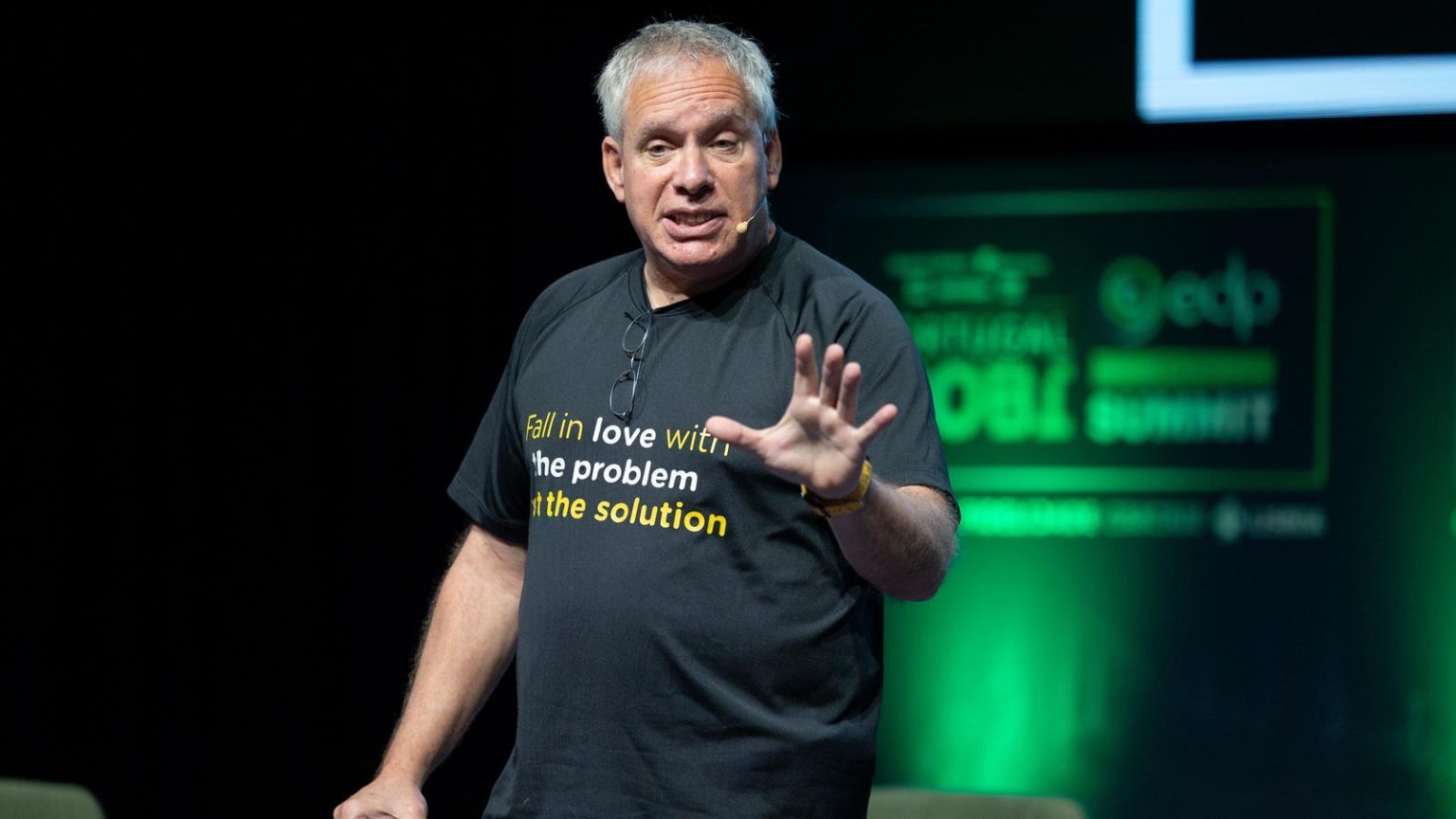In a recent article, entrepreneur Uri Levine discusses the common reasons why start-ups fail, with a significant portion of failures attributed to problems within the team. Many entrepreneurs cited team members who were not good enough or communication issues as the cause of their start-up shutting down. Most alarming was the revelation that these issues were usually apparent within the first month, yet CEOs often failed to make the necessary hard decisions to rectify the situation. This inability to make tough decisions and build a strong team is a critical flaw that ultimately leads to top-performing individuals leaving the organization.
It is crucial for CEOs to take a proactive approach to hiring and firing decisions. Levine recommends that CEOs ask themselves, “Knowing what I know today – would I hire this person?” If the answer is no, then it is imperative to let that person go immediately. Firing quickly is more impactful than hiring slowly, as it demonstrates strong leadership and a commitment to maintaining a high-performing team. By making the tough decisions to remove underperforming or incompatible team members, CEOs can establish the right DNA for the company and foster trust and commitment within the organization.
Firing someone can be a challenging decision for many reasons. CEOs may struggle with guilt or fear about the impact on the individual being let go, as well as admitting that they made a mistake in hiring that person in the first place. However, firing quickly is essential for maintaining a healthy and high-performing team. When someone clearly does not fit within the organization, it is crucial to address the issue swiftly to prevent further damage and ensure that everyone else can focus on their work without being held back by a mediocre team member.
The concept of the “Mediocre Curse” highlights the negative impact that underperforming team members can have on a small organization, such as a start-up. If someone is not pulling their weight or hindering progress, it is essential to make the tough decision to let them go promptly. Keeping mediocre employees on staff, even temporarily, can prevent the organization from recruiting new, more suitable team members and hinder overall growth and success. By swiftly addressing underperformance and making hard decisions, CEOs can create a culture of accountability and high performance within their organization.
Ultimately, the success of a start-up hinges on the strength of its team. CEOs must be willing to make difficult decisions, such as hiring and firing swiftly, to build a high-performing team that is aligned with the company’s goals and values. By taking a proactive approach to team management and demonstrating strong leadership, CEOs can create a culture of excellence within their organization and position it for long-term success. As Uri Levine emphasizes, firing fast is often more impactful than hiring right, and CEOs must prioritize making the hard decisions necessary to cultivate a winning team.













